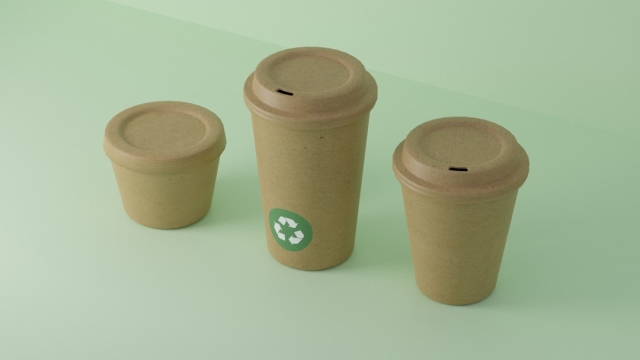Water-soluble films have emerged as a fascinating innovation in various industries due to their unique properties and versatility. These films dissolve in water, making them an appealing alternative to traditional plastics. Their significance lies not only in their convenience but also in their potential to contribute to more sustainable practices. This article explores the fundamentals of water-soluble films, their applications, benefits, and considerations for sourcing and purchasing.
Introduction to Water-Soluble Films: What They Are and How They Work
Water-soluble films are thin sheets made from polymer materials that dissolve completely in water. They are designed to provide a temporary barrier or packaging solution that minimizes environmental impact. When exposed to water, these films break down, leaving no harmful residues. This characteristic makes them particularly appealing for applications where waste reduction and biodegradability are essential. The primary mechanism behind the functionality of water-soluble films involves the interaction between the polymer chains and water molecules. When submerged in water, the polymer chains absorb moisture, leading to their eventual dissolution. This property enables these films to be used in various applications, from packaging to agricultural uses.
Applications of Water-Soluble Films in Various Industries
Water-soluble films find applications across a multitude of sectors, showcasing their versatility. Here are a few key examples:
1. Packaging Solutions
In the packaging industry, water-soluble films are used for single-use items like detergent pods and food packaging. Their ability to dissolve in water makes them a convenient choice for consumers, as there is no need to remove packaging before use.
2. Agriculture
In agriculture, these films serve as a means to encapsulate fertilizers and pesticides. They can release their contents when exposed to moisture, ensuring that nutrients are delivered precisely when needed, which enhances efficiency and reduces overuse.
3. Medical Applications
In the healthcare sector, water-soluble films are used for packaging medical devices or pharmaceuticals. Their ability to dissolve eliminates the need for extensive packaging waste, making them a sustainable option in settings that prioritize cleanliness and sterility.
4. Personal Care Products
Water-soluble films are also utilized in personal care items such as laundry detergents and even certain cosmetic products. These films can simplify product usage by dissolving in water during application.
Benefits of Using Water-Soluble Films in Packaging and Other Solutions
The adoption of water-soluble films comes with several advantages. Here are some key benefits:
- Sustainability: Water-soluble films significantly reduce plastic waste, making them an eco-friendly alternative to conventional plastic packaging.
- Convenience: Their easy-to-use nature enhances consumer experience, especially in single-use applications.
- Controlled Release: In agricultural applications, these films enable the controlled release of nutrients, improving plant health and reducing environmental impact.
Top Manufacturers and Suppliers of Water-Soluble Films
When considering water-soluble films, it’s essential to source from reputable manufacturers and suppliers. Here is a selection of notable companies known for their quality products:
| Manufacturer/Supplier | Specialization | Location |
|---|---|---|
| Watersoluble Plastics | Custom and standard films | Global |
| MonoSol | Packaging solutions | USA |
| Kuraray | High-performance films | Global |
These companies offer a range of products and services tailored to meet diverse needs, from agricultural to medical applications.
Sourcing and Purchasing Water-Soluble Films: What to Consider
When sourcing water-soluble films, several factors should guide your decision-making:
- Material Specifications: Ensure the film meets the requirements for your specific application, including thickness and solubility rates.
- Supplier Reputation: Research suppliers to verify their quality standards and customer service.
- Cost Efficiency: Compare prices across different suppliers while considering the environmental benefits of using water-soluble films.
By keeping these considerations in mind, you can make informed decisions when purchasing water-soluble films, ensuring they meet your project needs effectively. In conclusion, water-soluble films present an innovative solution that addresses both functional and environmental concerns across various industries. Their unique properties, combined with a growing focus on sustainability, position them as a valuable asset in packaging, agriculture, and many other applications. As you explore sourcing options, consider the factors that best align with your needs to harness the full potential of these remarkable films.

